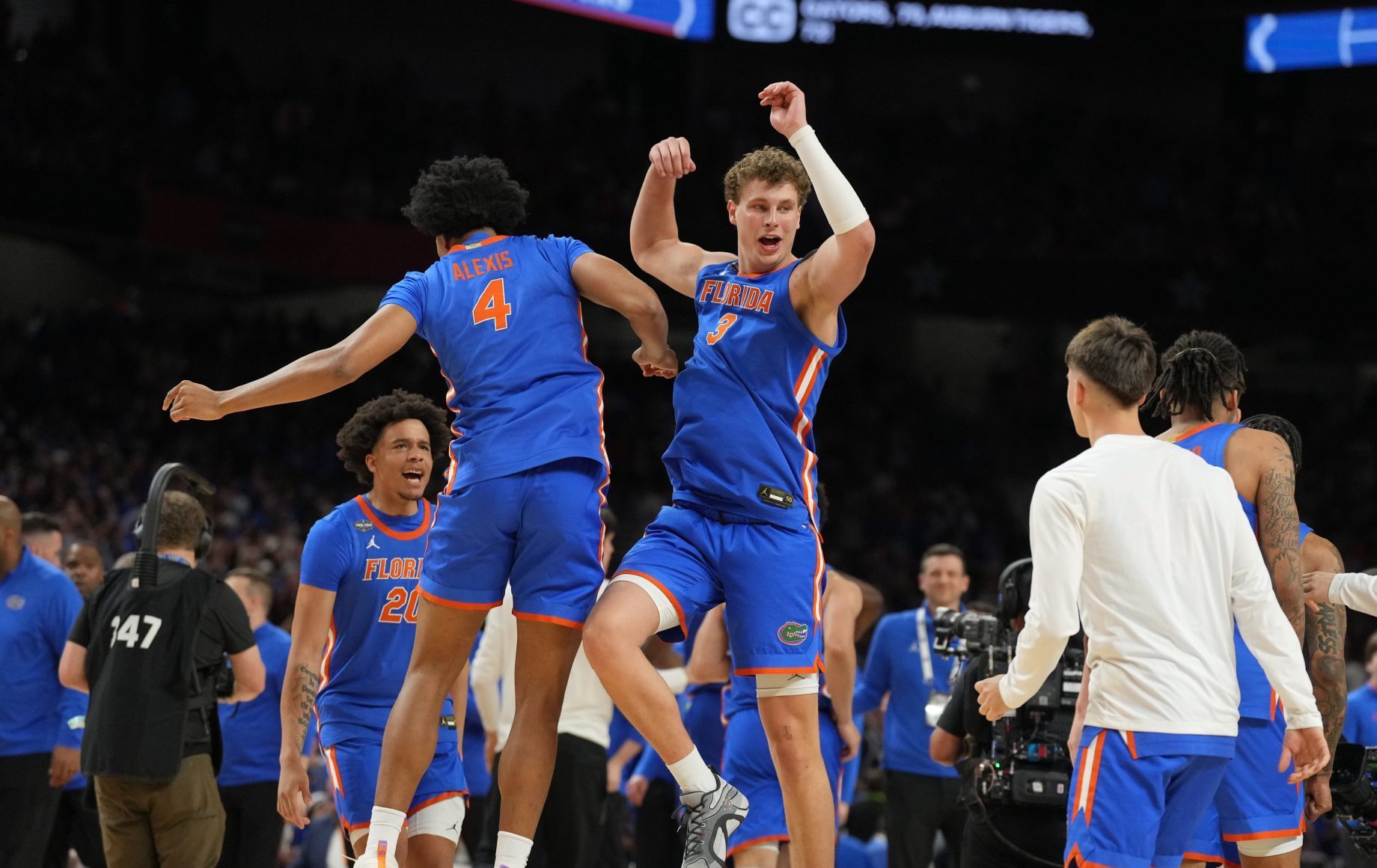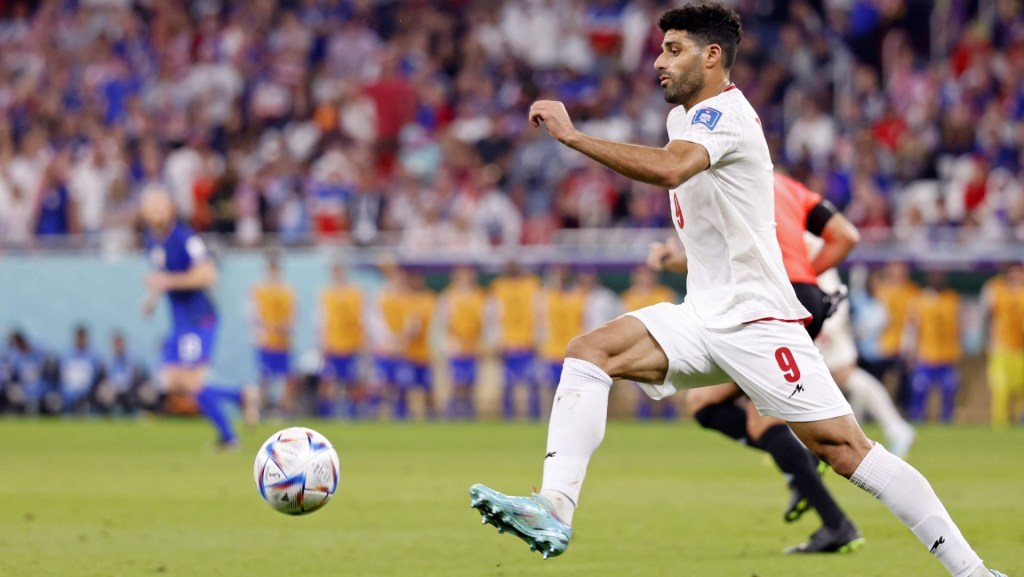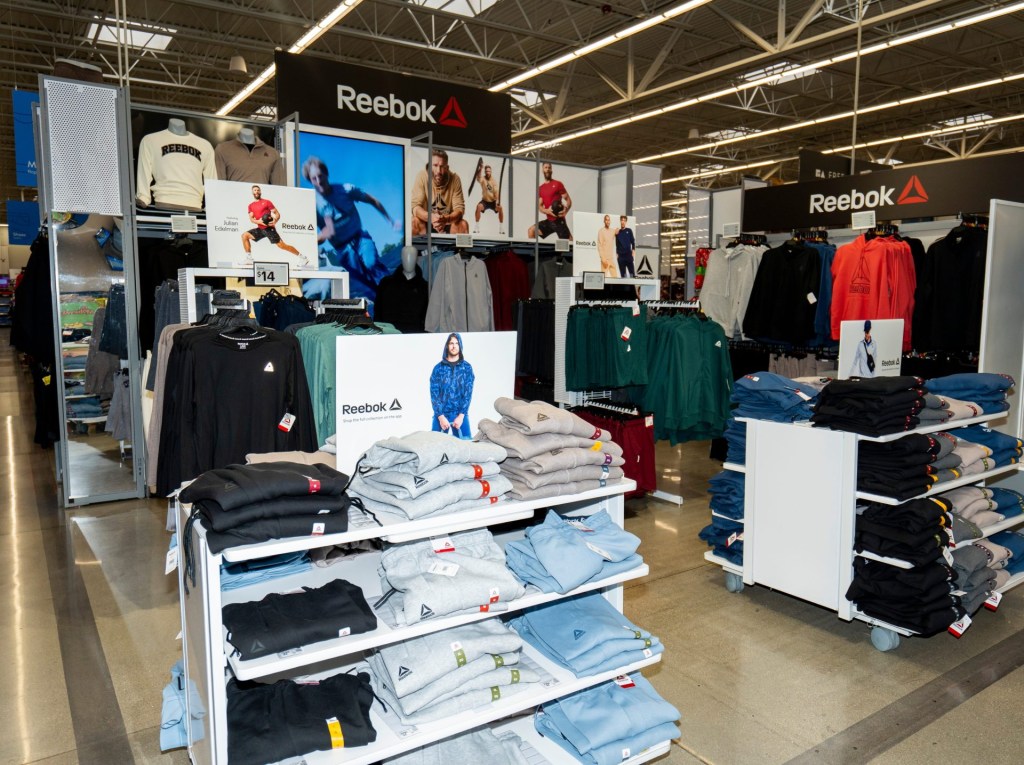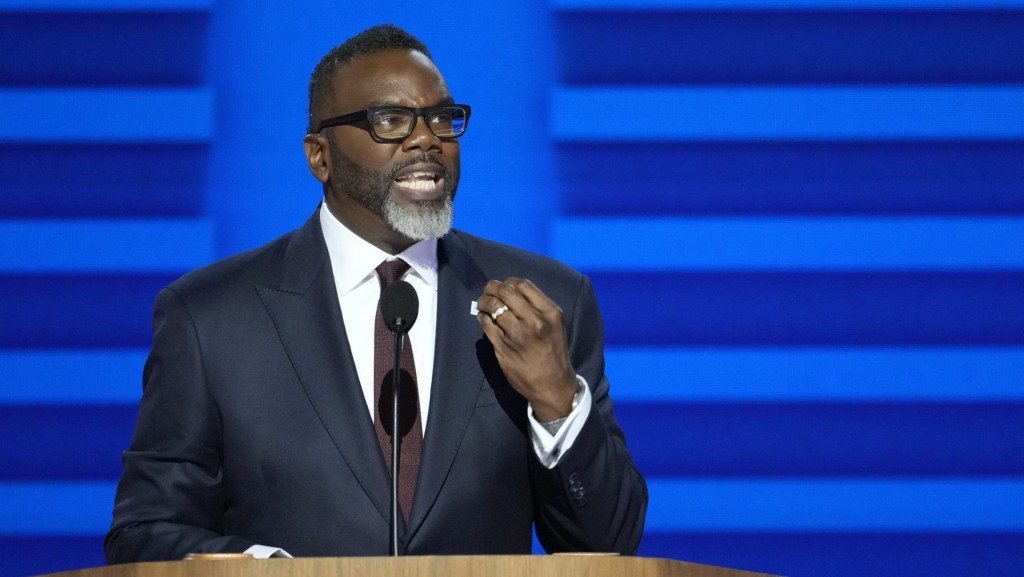Starting July 1, all Division I schools will be able to directly pay players for the first time in NCAA history.
That’s all thanks to the House v. NCAA settlement, which federal judge Claudia Wilken approved on Friday after months of deliberation and a lengthy objection process. (Over the past few weeks, the settlement was almost tanked due to an issue over roster limits—but a solution submitted on May 7 appears to have satisfied Wilken’s concerns.)
The settlement will usher in a new era in college sports where athletes aren’t considered employees, but can finally get a cut of the billions of dollars of broadcast revenue they’ve helped generate.
In her 76-page opinion, Wilken called it “outstanding” that lawyers were able to negotiate on behalf of players and acknowledged that both she and the lawyers have been adjudicating and litigating major antitrust claims against the NCAA for more than a decade.
“The settlement agreement here reflects compromises that were made in light of those legal Precedents [referring to previous cases], which demonstrate that success at trial can mean that student-athlete compensation restrictions may be lessened but not eliminated,” Wilken wrote. “Despite some compromises, the settlement agreement nevertheless will result in extraordinary relief for members of the settlement classes. … It would permit levels and types of student-athlete compensation that have never been permitted in the history of college sports, while also very generously compensating Division I student-athletes who suffered past harms.”
In a letter to schools Friday night, NCAA president Charlie Baker called the settlement “an exciting moment for everyone involved in college sports.” Commissioners across the board published statements praising Wilken’s decision. SEC commissioner Greg Sankey, for example, called it a “significant milestone for the meaningful support of our student-athletes and a pivotal step toward establishing long-term sustainability for college sports.”
The settlement consolidates three federal antitrust cases: House v. NCAA, Carter v. NCAA, and Hubbard v. NCAA.
House v. NCAA, arguably the most consequential of the three, was filed in 2020 against the NCAA and former Power 5 conferences, arguing that players deserved damages for being prohibited from earning NIL (name, image, and likeness) payments before the NCAA changed its rules in 2021. It also argued that the definition of NIL should be expanded to include things like broadcast television rights fees.
The settlement will offer $2.8 billion in damages, as well as allow all D-I schools to offer up to $20.5 million to all the current players in their athletic departments (a number that increases incrementally over 10 years, during the lifetime of the injunctive relief). Schools must offer money to all sports, though they don’t have to offer equitable amounts; the Trump-led Department of Education has said that revenue-sharing payments wouldn’t be subject to Title IX. Wilken noted in her opinion that an outside expert estimated the 10-year figure would amount to $19 billion in “new benefits and compensation” for current and future athletes. Going forward, there will also be no limits on scholarships—with roster limits replacing them.
The settlement does have other stipulations, however.
NIL collectives will face more scrutiny with deals they offer players. The settlement sets up a clearinghouse to check whether NIL collective deals appear to be “fair-market value,” instead of “pay-for-play” deals. The clearinghouse is run through software created by Deloitte, with the opportunity for appeal to an independent body.
The most controversial part of the settlement was roster limits. Hundreds of current college athletes and prospective athletes in high school lost roster spots they were promised for the upcoming school year. After flooding the court with objections and raising awareness on social media, they succeeded in swaying Wilken to demand that the settlement guarantee no athletes would lose roster spots as a result of the proposal’s implementation. The parties submitted a solution two weeks later that allows schools to give players their roster spots back—but didn’t require that they do so.
Wilken said that this solution was satisfactory. She added that schools shouldn’t be forced to return roster spots because, as the NCAA had noted, “roster spots aren’t guaranteed.” She also noted that eliminating scholarship prohibitions would result in tens of thousands of new scholarships for players currently and in the future. Finally, she said that athletes could sue for damages over the implementation of roster limits.
Wilken was not swayed by concerns that objectors raised such as gender inequity in damage payments and the lack of representation for future athletes.
She said several suggested the revenue-sharing cap itself violates antitrust law—but that as with roster limits, athletes were free to sue the NCAA and power conferences for damages related to the cap on revenue-sharing. She also defended the legality of the NIL clearinghouse, and said that neutral arbitration would “be accompanied by due process protections and a degree of transparency that class members do not have under current NCAA rules.”
For athletic departments, the next step will be implementation. They’ve already spent months preparing for this new era by hiring “general managers,” announcing plans for how they’ll split up the funds among teams, and looking for new fundraising opportunities. Meanwhile, NIL collectives have begun offering player contracts that frontload multiple years of an NIL deal before July 1, so they aren’t subject to the clearinghouse. Collectives have also begun altering their strategies in order to comply with the new rules.
Schools will have 30 days to submit lists of “designated student-athletes” who will be exempt from roster limits. Individual teams will have to decide whether to offer these players their spots back.
The power conferences—which will be tasked with enforcing the revenue-sharing cap, NIL clearinghouse, and roster limits—have created an enforcement entity, called the “College Sports Commission,” which launched formally Friday night with a website and an account on X. A press release said the commission’s first CEO would be former MLB executive Bryan Seeley.
The NCAA will not be involved in the College Sports Commission. “As the defendant conferences now own several facets of rulemaking and enforcement related to specific settlement areas, the NCAA will be able to move away from certain enforcement activity that, despite the best efforts of many, wasn’t working well,” Baker said.
The NCAA and power conferences will undoubtedly take the settlement to Congress as part of their multimillion-dollar federal lobbying campaign to regain control over the athletes’ rights movement, and guarantee that players aren’t employees even though they’re getting paid.
Employment remains the biggest existential question. Wilken said that the settlement wouldn’t preclude college athletes from engaging in collective bargaining in the future if they were deemed employees. But she noted: “This is an antitrust action, not a labor law case. The question of whether student-athletes are employees who can unionize and engage in collective bargaining is not one for adjudication and resolution in this litigation.”








![[Subscription Customers Only] Jun 15, 2025; Seattle, Washington, USA; Botafogo owner John Textor inside the stadium before the match during a group stage match of the 2025 FIFA Club World Cup at Lumen Field.](https://frontofficesports.com/wp-content/uploads/2026/02/USATSI_26465842_168416386_lowres-scaled.jpg?quality=100&w=1024)
![[Subscription Customers Only] Jul 13, 2025; East Rutherford, New Jersey, USA; Chelsea FC midfielder Cole Palmer (10) celebrates winning the final of the 2025 FIFA Club World Cup at MetLife Stadium](https://frontofficesports.com/wp-content/uploads/2026/02/USATSI_26636703-scaled-e1770932227605.jpg?quality=100&w=1024)








